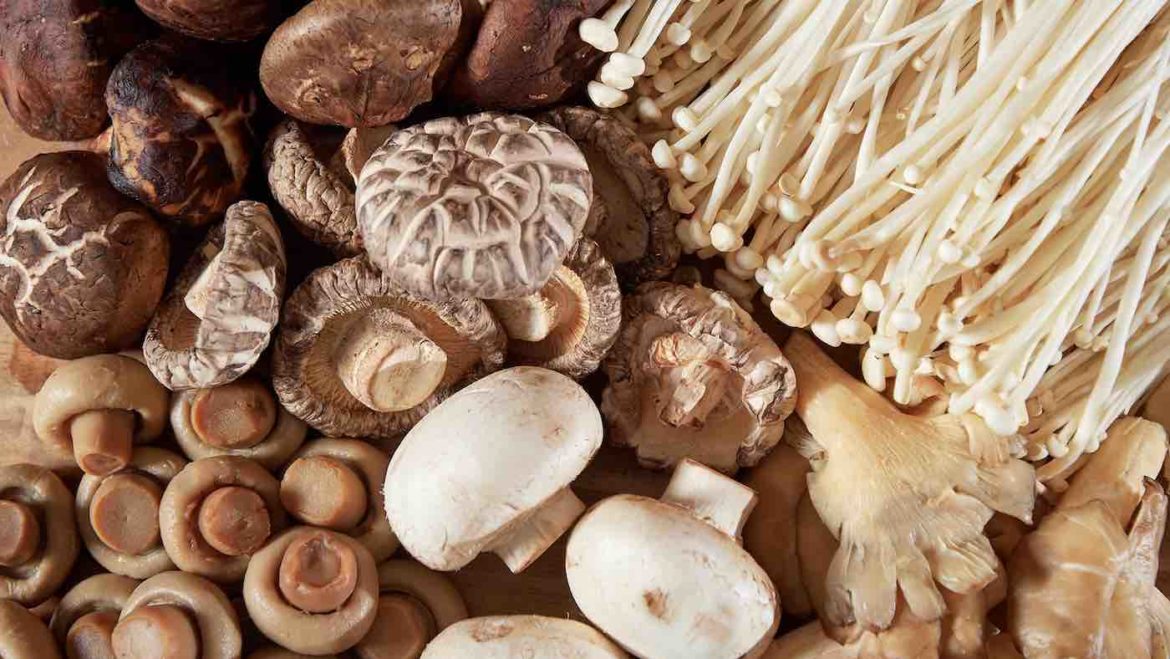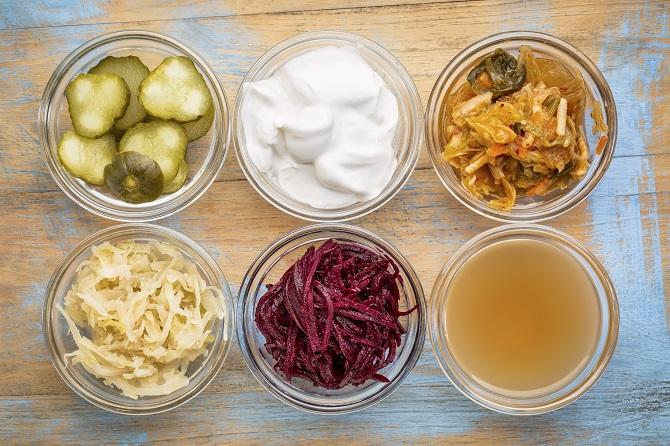Unless you’ve been living under a rock these past couple of years, you would know that CBD has taken the country by storm. It’s all the rage, making waves and headlines, even more so, since it’s been legalized in several states now.
There are reports galore calling CBD one of nature’s greatest gifts to mankind and pets.
As a biochemist, holistic nutritionist and pet lover, I was curious about what the hoopla is all about and so decided to dig a little and research and educate myself about what exactly is CBD, how does it differ from its infamous cousin THC, how exactly does it bring about the various effects on the body and more specifically, what is the mechanism of action at the cellular level.
Here’s what I dug out –
Origins
Cannabidiol (CBD) is derived from the Cannabis plant (Cannabis sativa). which has been around for thousands of years. Ancient Romans, Greeks, Chinese, Persians and Indians are known to have used it for its healing properties. Hemp and Marijuana are two species of the Cannabis plant.
Interesting factoid: Our bodies synthesize some amount of cannabinoids naturally too.
Difference between CBD and THC – the infamous cousin
CBD and THC called Phytocannabinoids, are two of 85 active cannabinoids from the cannabis plant, which contains over 400 different chemical compounds. Hemp and marijuana plants contain both CBD and THC in varying proportions. Hemp has a higher concentration of CBD (less than 0.3% THC), while marijuana is more concentrated with THC (more than 12%).
The single most significant difference between CBD and THF is that the latter is psychotropic, causing the euphoric high for the user, also resulting in long term psychiatric effects.
The molecular structure of both CBD and THC are similar C21, H30, O2
The difference is just in the way the oxygen atoms are arranged in the two molecules. Minor difference in structure causing major effects on how the two compounds function in the body.
CBD is not psychotropic while THC is very much so. However CBD does affect the body in several ways and research suggests that it may have positive medical uses.
What are the effects of CBD: Medical uses?
CBD has shown promise as an analgesic, anticonvulsant, muscle relaxant, anxiolytic, antipsychotic and has shown neuroprotective, anti-inflammatory, and antioxidant activity, among other currently investigated uses.
The oldest natural pain reliever in the world.
CBD offers natural alternative for pain relief from chronic pain, as opposed to over the counter drugs. It’s anti inflammatory properties are getting more and more well established.
Epidiolex: First FDA approved CBD product
On June 25th, 2018, Epidiolex was approved by the FDA to be the first CBD-based product available on the US market for the treatment of two rare forms of epilepsy – Lennox-Gastaut syndrome and Dravet syndrome, which are among the two most difficult types of epilepsy to treat
CBD for a spectrum of health issues:
CBD products have been touted to positively effect a whole range of health issues like –
- Anxiety disorders/ Depression
- Type 1 Diabetes
- Alzheimer’s disease
- Heart health
- Acne
- Quitting smoking
Numerous research studies are ongoing to confirm or dispel the various health benefit claims of CBD. NIH data base shows currently more than 160 clinical research trials involving CBD are active.
How does CBD work
Our body produces some cannabinoid on its own, that is regulated by the body’s Endocannabinoid System. The EBS system, which is also present in our pets, is involved in many physiological processes, like stress response, inflammation, appetite, energy balance amongst others. CBD interacts with this system and brings about its effects by binding to specific receptors called CB1 and CB2. While these receptors are present all over the body, CB1 receptors are concentrated in the brain, while CB2 receptors in the immune system.
More recently studies have shown that rather than directly attach to receptors, CBD signals the body to use more of it’s own cannabinoids, called endocannabinoids.
Due to lack of regulation in the market place, one is hard pressed to choose from the huge variety of CBD products offered, each claiming to be better than the others. Concerns over exaggerated health claims should be taken into account while experimenting with CBD products. FDA has become more active in regulating CBD products and has begun to crack down on scrupulous players in the industry.
Final Thoughts
Just to clarify, I am not selling the idea of CBD or singing it’s glory. As the presence of CBD/hemp becomes all pervading, (it’s made its way into shampoos, cosmetics and perfumes!) we cannot be passive bystanders anymore. The more we educate ourselves, the less vulnerable we would be to advertising lingo, and the more informed decisions we would be able to make – to CBD or not.



